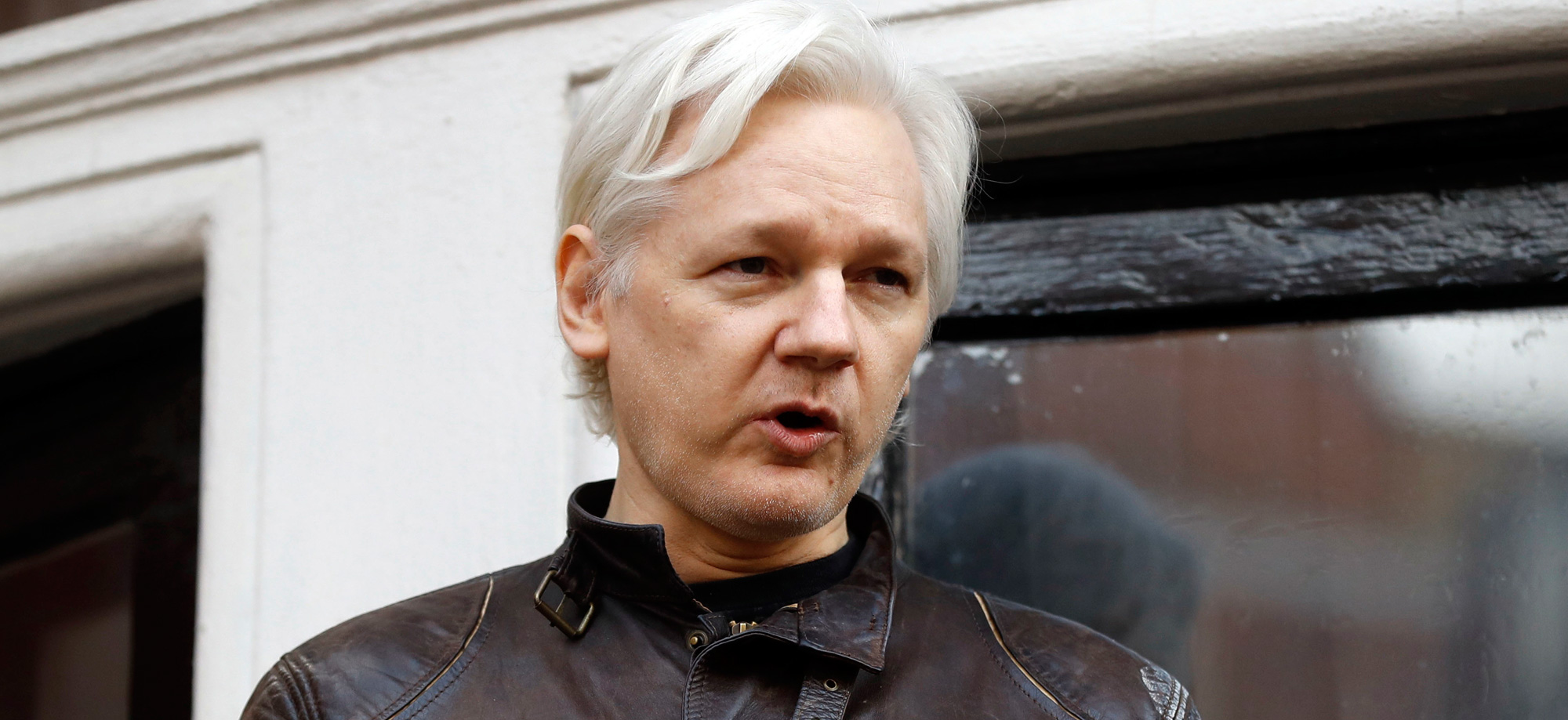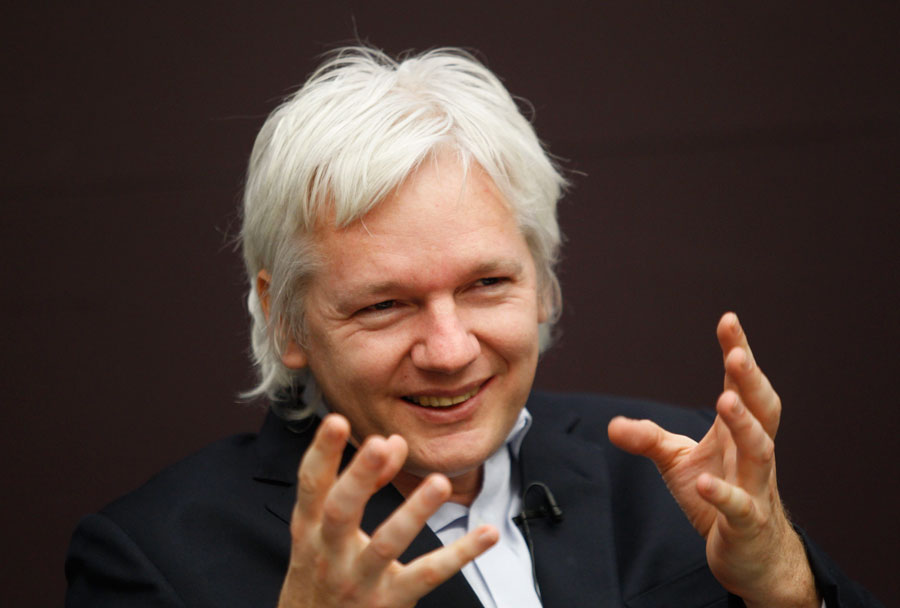The WikiLeaks founder, Julian Assange, is an unattractive character, and he also has very poor judgment. He should have gone to Sweden seven years ago and faced the sexual assault charges brought against him by two Swedish women. Even if he had been found guilty, he would probably be free by now under Swedish sentencing rules, since no violence was alleged in either case. His explanation for taking refuge in Ecuador’s London embassy instead was that he feared that once in Sweden, he would be extradited to the United States of America — and the US government wanted to try him on charges that could involve a life sentence or even the death penalty.
What had so angered Washington was WikiLeaks’s spectacular 2010 dump of 7,25,000 classified cables from American embassies around the world. The most damaging revelation was an official video in which the crew of a US Apache helicopter over Baghdad machine-gunned civilians while making remarks like “Oh, yeah, look at those dead bastards” and “It’s their fault for bringing their kids into a battle”.
In fact, Assange faced no immediate threat of extradition in 2012, because the then president, Barack Obama, had not encouraged the relevant American officials to make such a request. Indeed, in 2017, just before leaving office, Obama pardoned Assange’s source for the leaked cables, the former US army intelligence analyst, Chelsea Manning, after she had served only seven years of her 35-year prison sentence.
Maybe, when Assange sought diplomatic asylum in the Ecuadorian embassy in 2012, he feared that there would be a different administration in Washington after the election that November. He should still have gone to Sweden, because the Swedes would have been less likely to grant an extradition request than the British government under the then Conservative prime minister, David Cameron. Fast forward four years, and there is another WikiLeaks dump, this time of Democratic National Committee emails that seriously embarrass Hillary Clinton on the eve of the Democratic national convention.
It has now been seven years, and the Ecuadorian government has changed. The new president, Lenin Moreno, wants to mend relations with the US (and he is quite cross about a picture WikiLeaks released of him eating lobster in bed in a luxury hotel). So he withdraws diplomatic protection from Assange, and invites the British police into the embassy to arrest him. The sole charge currently laid against Assange is carefully written to avoid a British refusal to extradite him — no death penalty is involved — and to get around the guarantee of freedom of the press in the First Amendment to the US Constitution, which says, “Congress shall make no law... abridging the freedom... of the press”.
Instead, Assange is charged with conspiracy to commit a computer crime: helping Manning crack a password to gain access to the classified documents she gave to WikiLeaks. The evidence for this is scanty, but Manning has been jailed as a ‘recalcitrant witness’ for refusing to answer questions about her conversations with Assange. She can be held for 18 months. The maximum penalty for the charge Assange currently faces is five years in prison, but of course ‘new evidence’ can be discovered once he is in the US, and other charges brought that would involve a far longer sentence. In fact, we can safely predict that it will be discovered.
Assange is not an honourable whistle-blower like Daniel Ellsberg of ‘Pentagon Papers’ fame, who released hugely embarrassing documents about the US war in Vietnam but stayed in the US and faced his accusers down. Neither is he like Edward Snowden, another honourable man (still in exile in Moscow), who alerted the world to the scale of the US global electronic surveillance operation. Assange is an unpleasant narcissist, but the world needs more whistle-blowers, not fewer. He still deserves protection under the US First Amendment, but it’s doubtful that he will get it.











